
Loading...
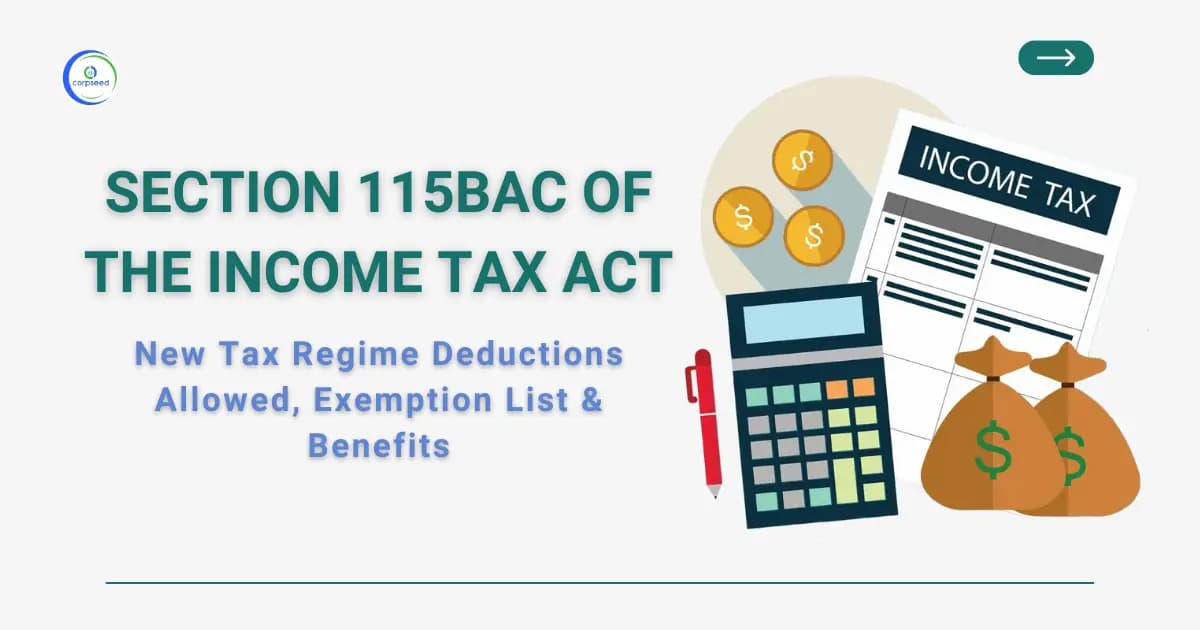
The Indian Income Tax Act has witnessed critical amendments as Section 115BAC was brought into the Finance Act 2020.
About the Author

Parul Bohral, a BALLB graduate and experienced legal researcher and content writer with expertise in various legal areas, including corporate law and intellectual property. I have gained valuable experience in esteemed legal environments, where I have strengthened my research skills, allowing me to approach legal writing with precision and depth.
As a legal content writer, I am committed to delivering work that not only informs but also engages readers. By staying informed about the latest trends in content marketing and regulatory developments, I ensure that my writing remains sophisticated and meets industry standards. My dedication to thorough research enables me to craft content that is both insightful and impactful.
Related articles
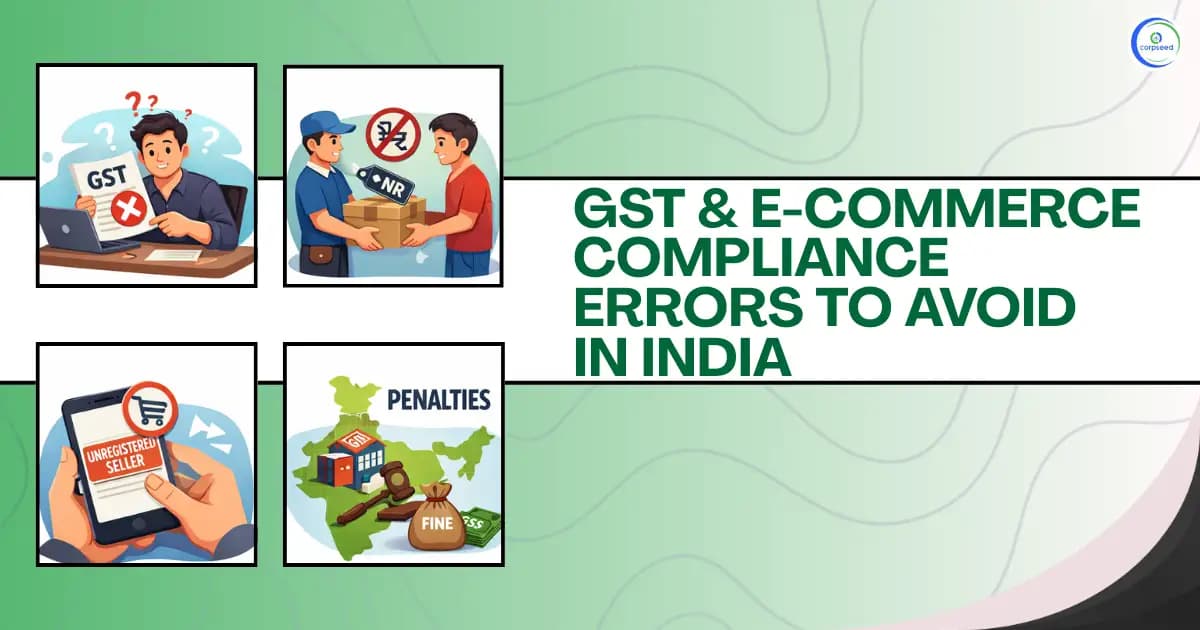
GST & E-Commerce Compliance Errors To Avoid In India
2026-02-10

How To Log In GST Portal (www.gst.gov.in) Online In India
2026-01-08
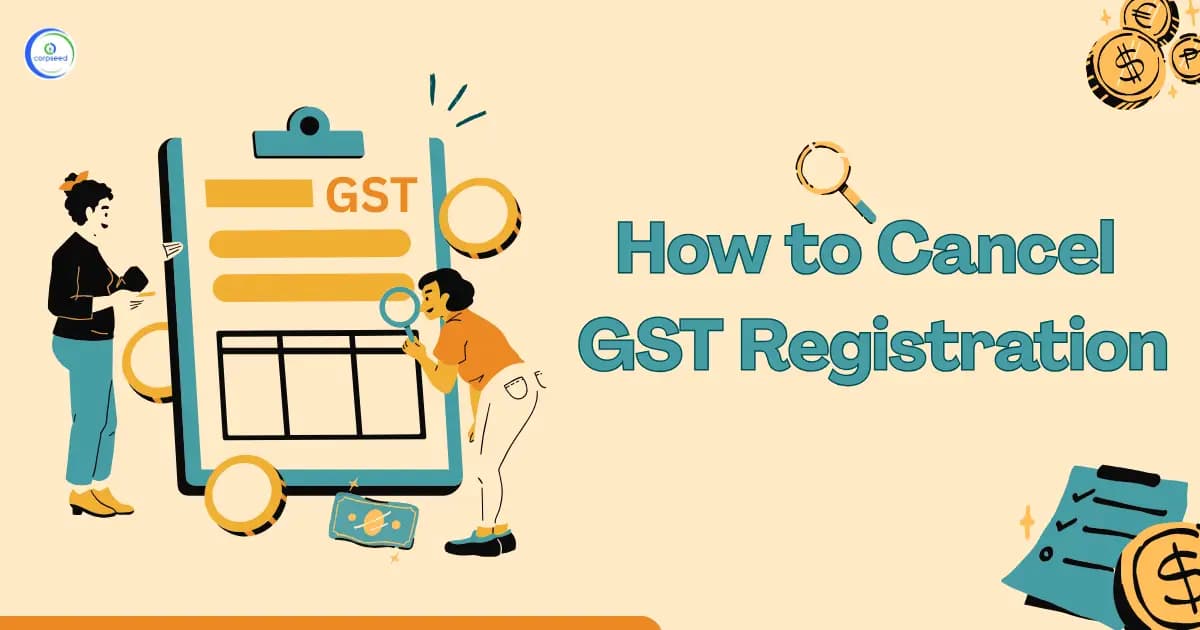
How to Cancel GST Registration?
2025-12-12
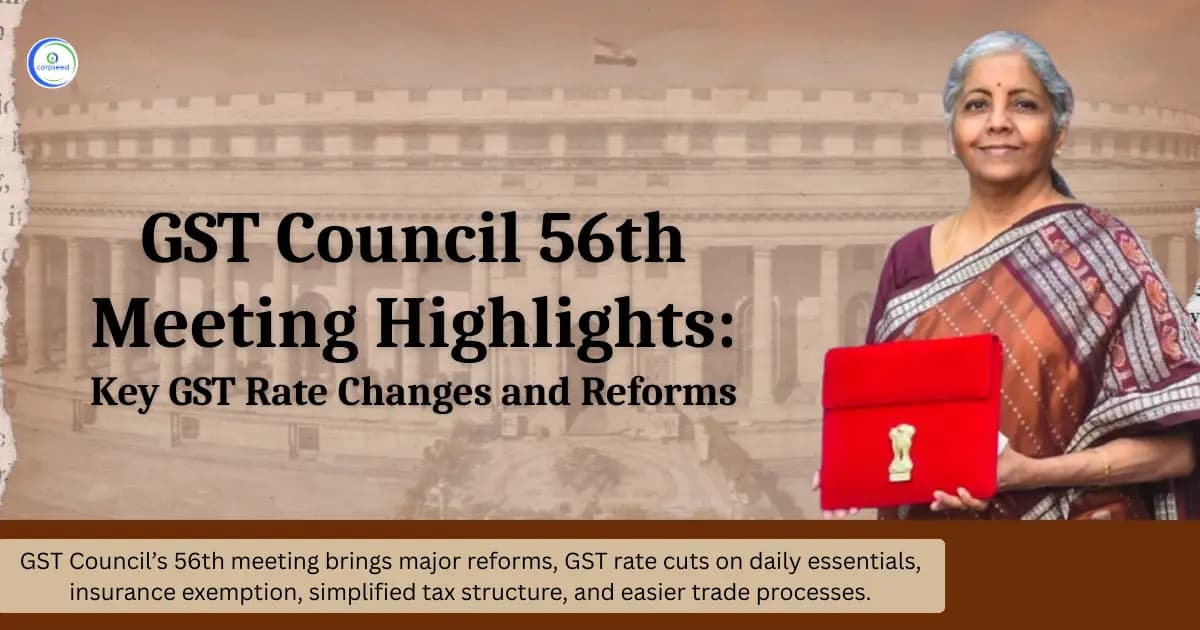
GST Council 56th Meeting Highlights: Key GST Rate Changes and Reforms
2025-09-06

ITR-V Form: Complete Guide to Download, Acknowledgement & Verification
2025-08-07
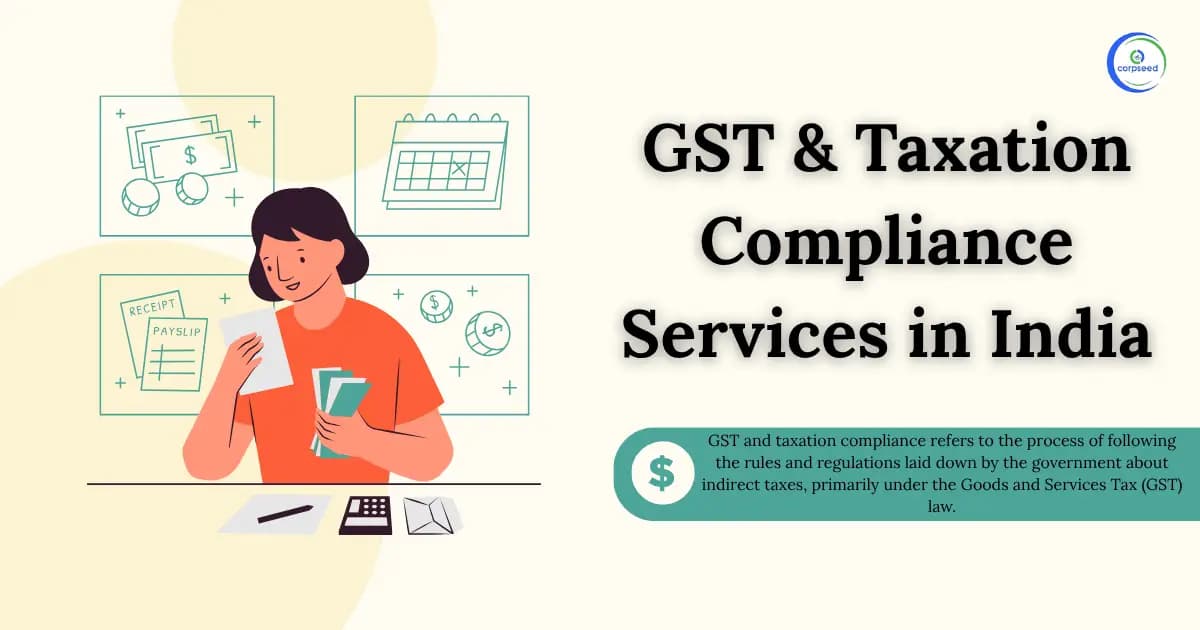
GST & Taxation Compliance Services in India
2025-06-23
Delhi Legal Metrology (Enforcement) Amendment Rules, 2026
2026-02-24 • 0 views
2023-02-27
2026-02-25